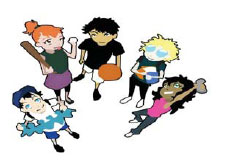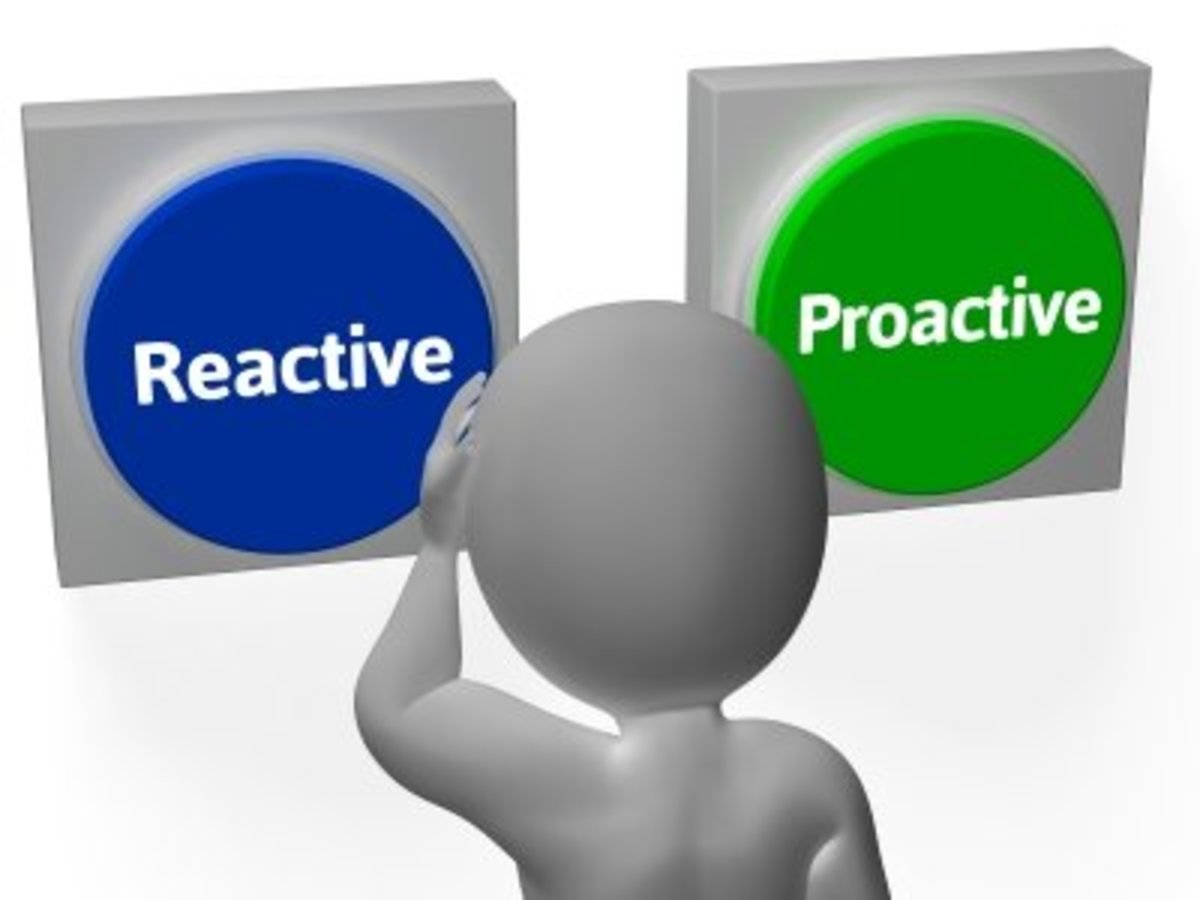Passive Aggressive Children and How to Deal with Kids
Passive Aggressive Behavior in Kids

Passive Aggressive People
When children or adults are not assertive and don’t communicate their needs, they ,may use passive resistance to get back at people in their lives. They end up tearing down communication. The passive aggressive person thinks things don’t bother them, that it doesn’t matter. Yet they will show resistance for the smallest of things. Through resistance, a child trains their parents to leave them alone, and make you believe they can’t do it. By making you lower your expectations, a parent will expect less from their child. Children who learn that if they act helpless someone else will do it and they won’t have to. It is called learned helplessness. Children who learn to take on responsibilities and rise up to challenges will be more successful as they grow into adults.
As a parent, it is important to help your children get angry. Let them know it is okay to show hostility appropriately. When a child promises to do something and then doesn’t, it is important to talk to them about your expectations and what promises me. It is important for them to be accountable to do things that are asked of them.
If your child does not learn other ways to deal with their feelings of anger, a passive aggressive child will grow into a passive aggressive adult.
Passive aggressive behavior develops in large part from a combination of environment, genetics, and family dynamics. Usually aggression was not allowed, and the child’s only option is to repress their feelings.
Because passive aggressive behavior comes from the stifling of angry feelings, the child has not learned how to handle their emotions in a healthy way. They are actually repressing their feelings and pushing them down so deep, they don’t even realize they feel resentment.
A passive aggressive person can actually drive the people around them crazy. When they see you react with anger, they are actually surprised. They can’t feel for you and they don’t understand your anger either, except for the satisfaction of seeing you act out. It proves to them that are victims of your outbursts. They have little insight into their own feelings, but often feel misunderstood by others, or believe they are being held to unreasonable standards.
Passive Aggressive Kids
How to Help Your Child Be Assertive
How you as the parent, help your child deal with their feelings and gain an understanding about their behavior, will either help or hurt their chances of dealing effectively with almost everything they encounter as they grow into adults.
-
Your own awareness about the causes of their underlying anger will help you tremendously in dealing with your child.
-
Realize that your child is trying to get back at you, but don’t retaliate for this.
-
Know that a passive aggressive child tries to let themselves fail.
-
Give them a safe place to be themselves, to feel what they feel, to be okay with expressing negative feelings of anger and resentment.
-
Build up their self esteem so they feel better about themselves.
-
Teach them to stand up for themselves.
Help your kids with things they feel overwhelmed with or don’t know how to get started with.
Adolescents Are Often Passive Aggressive

Dealing With a Passive Aggressive Child
When you ask your child to clean their room, make sure the bedroom door is open so you can monitor what they are doing. If they are doing homework, keep the music off so they have as little distractions as possible. Your child needs to understand that they can be angry that they have to do homework or chores, but they still have to do them.
When children quietly refuse to comply with a parent’s request to do something, by saying yes, but not following through, the adult needs to be firm with their child. Try not to get frustrated with them and lose your temper. You will want to model proper anger management so they respond and don’t get more fearful.
Passive aggressive behavior is a poor coping skill to use, but if your child has no other way to express themselves, then it is the only tool they believe they have. They need to learn healthier and more effective coping skills to replace the negative passive aggressive traits. If you say nothing to them about their behavior, you are silently condoning it. If you get angry at them, they win and it reinforces them that anger is not good.
If your discussion turns confrontational, they will likely sulk, remain silent, and walk away so that nothing is resolved. If you do this correctly, however, you can help them gain insight into how their behavior is causing negative consequences. If they don’t gain insight, and you have had a calm conversation with them, you will at least be modeling a way to deal with your own anger and your own feelings, and will have gotten a few things off your chest.
Have a discussion with your child. Explain to them that you see what is going on in a gentle and kind way. Then explain that there will be consequences for any future similar behavior. Give them a responsibility and set a time limit and then tell them they may lose their phone or another privilege. Try to have the punishment closely match the irresponsibility. The idea is to make them accountable.
Be an Aware Parent
You also want to give them rewards. If they do more than you expected, or quicker than you thought because they pushed themselves, reward them for their efforts. Certainly reward them for not acting out. Build in motivations for conforming to the requests in a timely manner.
Now here is the important part. Sit down and talk to your child about their angry feelings. If you think you have been a little tyrannical, or overly harsh with them apologize to them and help yourself to not engage in this behavior anymore.
Remember, this behavior came about because your child became fearful of expressing their feelings and this may have a lot to do with your own behavior. Take responsibility for what you have done too. Ask yourself if you too are passive aggressive and have perhaps taught your child some of their behavior. Ask yourself if you let your anger out in outbursts or uncontrollably, that may create fear in your child. Ask yourself if your response to their passive aggression behavior has been to react in anger. Ask yourself if you are overly critical and judgmental about your child. Be honest with yourself. Work what you can do about yourself . Help yourself to not react this way.
Letting Go of Anger and Hostility

Passive Aggressive Children
Typically, passive aggressive children and adults, are extra sensitive to criticism. They have low self esteem. And they have lots of rationalizations for not following through with their promises. You never really know what is on their mind or what their true intentions are. All of this makes it difficult to have an honest talk with them. But you know your child best, and finding a way to reach them emotionally, without having them feel threatened by you will be helping you and them, now and in the future.
When children feel like their performance will be judged, they may automatically revert to passive aggressive behavior. Notice their patterns and be clear headed about how you will react to their actions, or inactions.
The more you understand about passive aggressive behavior, the more you can help your child outgrow it. Many children do outgrow this, and it never turns into a disorder. But if your child has no other coping skills, passive aggressive behavior can become a lifestyle and interfere with their relationships and careers as they grow into adults.
As the parent, it is important to learn what you can about your child’s behavior and what part you have played in how they cope with their feelings. It is most important that you act and not react Don’t let your child provoke you. Don’t snap back at them, or let yourself get overly aggressive.
Awareness on your part will arm you with many proper tools to handle your child in a way that will guide them away from this self defeating behavior.
Create an Open Dialog with Your Children
Invite your child to talk to you about their feelings, about what makes them angry, and help them deal with these feelings. Help them feel safe to talk about what they feel. Let them know that it is okay to feel angry and express it appropriately. Show them how their behavior is really counter productive to their needs and their future. Be a good listener. Be thoughtful, be kind, be empathetic. And be there for them, when they need you.
Create an open dialog with your sons and daughters so they have a voice to express themselves openly. There are real reasons your child has resorted to passive aggressive behavior. Help them break this self defeating behavior. Help them to be assertive. Be willing to accept their anger. Honor and respect their feelings. Seeing a professional counselor may be helpful too.
Set up expectations for them. Model the behavior you want them to emulate. Teach them how to succeed, how to produce, how to perform above adequately, and you will be helping them to have a happier future. Help them to surpass the mediocre job and relationships they may otherwise end up having. Give them the skills to know self satisfaction. Equip them with the skills it takes to have happiness and satisfaction in all they do.








